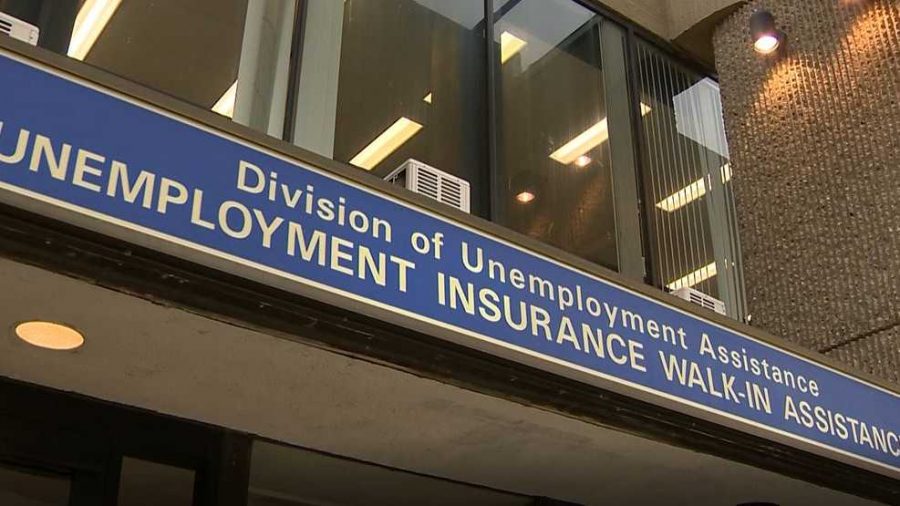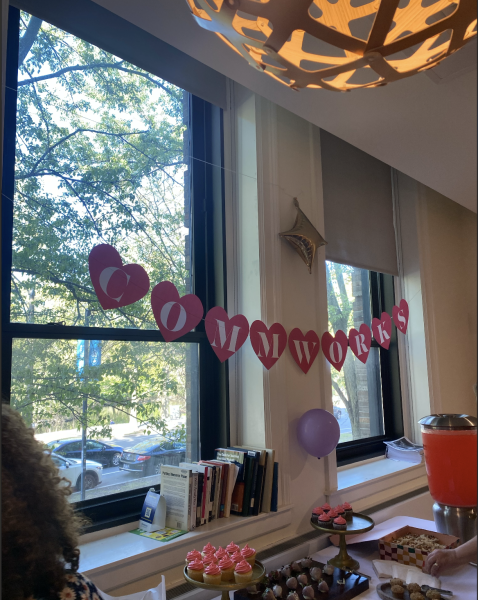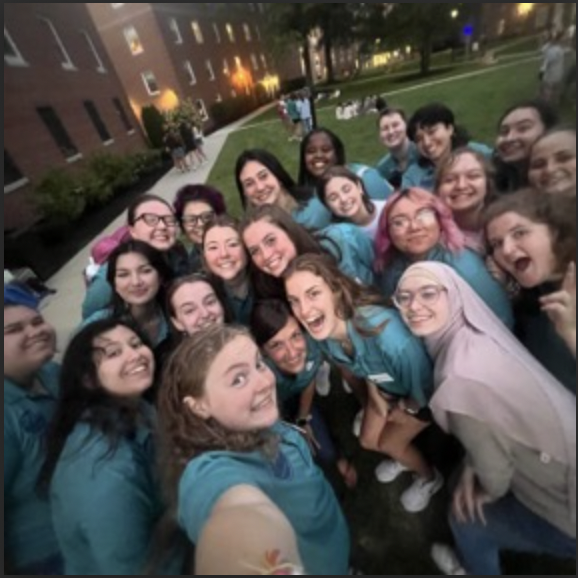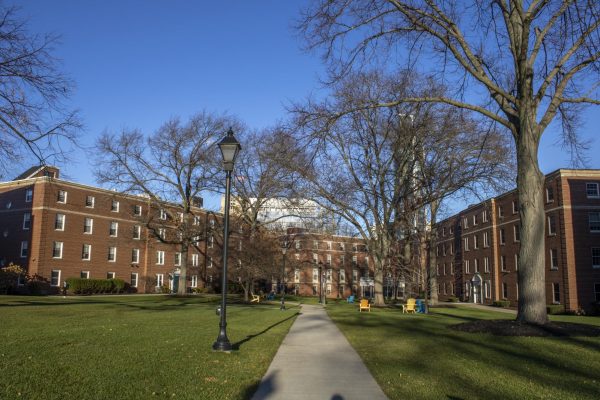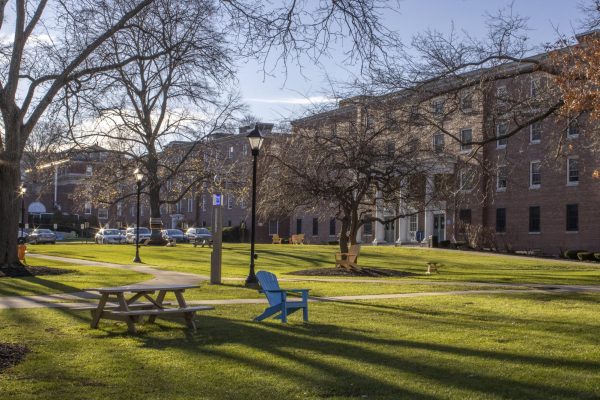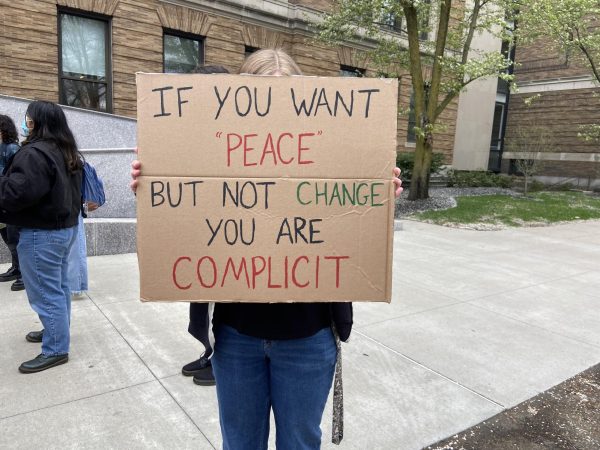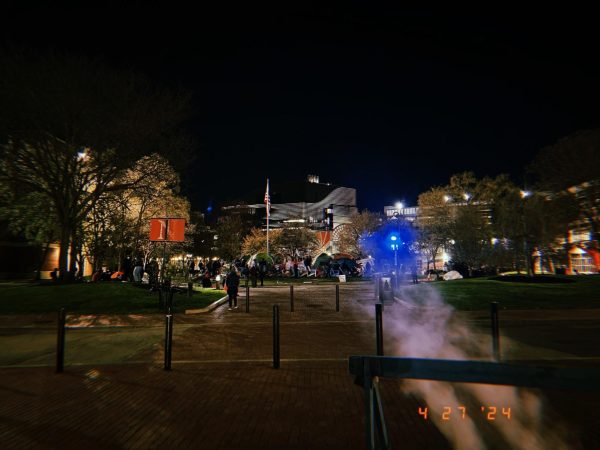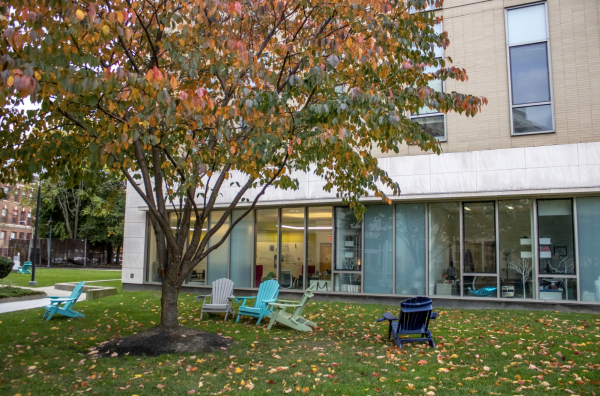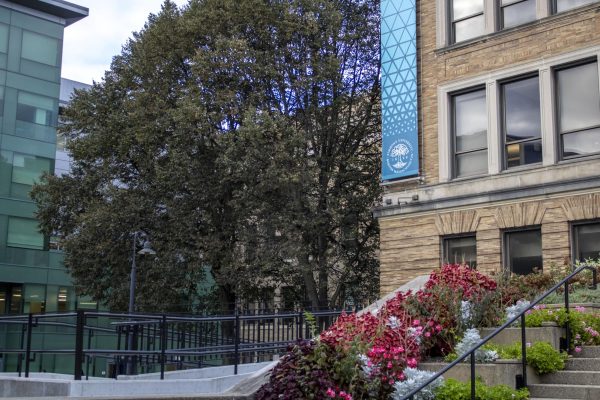Student unemployment soars amidst COVID-19 closings
April 14, 2020
As Simmons University closed its campus, many students – forced to relocate from the Fenway area – are out of work, adding to the U.S. Department of Labor’s reported 16 million Americans who applied for unemployment in the last three weeks during the COVID-19 pandemic.
Kathleen Taj is one of those students. A senior studying economics and international relations, Taj lost her main source of income during March and has since filed for unemployment with the Commonwealth of Massachusetts.
Taj, who has been living independently in Boston since her freshman year of college, has worked at Area Four in Cambridge as a server since July 2019. “I would typically get about 30-35 hours a week,” she said. “That job paid the rent.”
Having applied for unemployment online initially, Taj explained her grievances with the system and website. “I’m technologically competent, but [applying] was difficult for me. The system isn’t intuitive. You need to know all the wages you have earned. I worked for one month in Connecticut, and a problem with that out-of-state paperwork resulted in me having to send some forms out to the office separately.” Sending out paperwork was further complicated by the fact that Taj no longer had a mailbox on campus, and was living in a hotel provided by Simmons.
Despite all this, Taj was screened through her employer and approved for unemployment benefits, which would total 50% of her average weekly wages. “I’ve been unemployed since March 15,” Taj said. “I submitted my claim on March 25th, and got my confirmation that I would be receiving unemployment on April 10th.”
Other students, like senior social work student Alexis Agiliga, are struggling to navigate the employment opportunities in their home state, opting not to file for unemployment benefits. Agiliga, who worked in undergraduate admissions and as a research assistant at Simmons, is continuing her research work remotely in her home state of Maryland after losing her on-campus job.

“As for employment opportunities, there aren’t many,” Agiliga said. “Grocery store or pharmacy, really. I had an interview to work at Safeway, but my mom said I should not go for safety reasons.” Workers at grocery stores like Safeway are at a higher risk for COVID-19 due to constant exposure to the public. “Financial security is important, but it’s not worth risking your health, especially if you could die.”
Agiliga stated that she did not want to file for unemployment as she did not feel like her situation was dire enough. “I get to stay home, with my family, and I have what I need,” Agiliga said. “It’s not fair for me to apply.”
Instead of feeling a sense of immediate job insecurity, Agiliga shared her concerns about finding employment in the future. “Although the social work field has not been wiped out… I feel like I have less options, and that I will be forced to take whatever I can get because of the state of the economy – regardless of whether or not I’m happy there.”
Massachusetts alone has seen 469,457 unemployment claims between March 21 and April 10, 2020. While these numbers are on the downward trend according to the Massachusetts Department of Labor, there is no real projection as to when many people, like Taj, will be back to work in the state; or if people like Agiliga – who were looking for post-graduate employment in the city of Boston – will be able to find those opportunities.
“You need to reapply every week to make an unemployment claim, so I will be doing that again next Sunday,” Taj said. “And every Sunday until this ends.”



